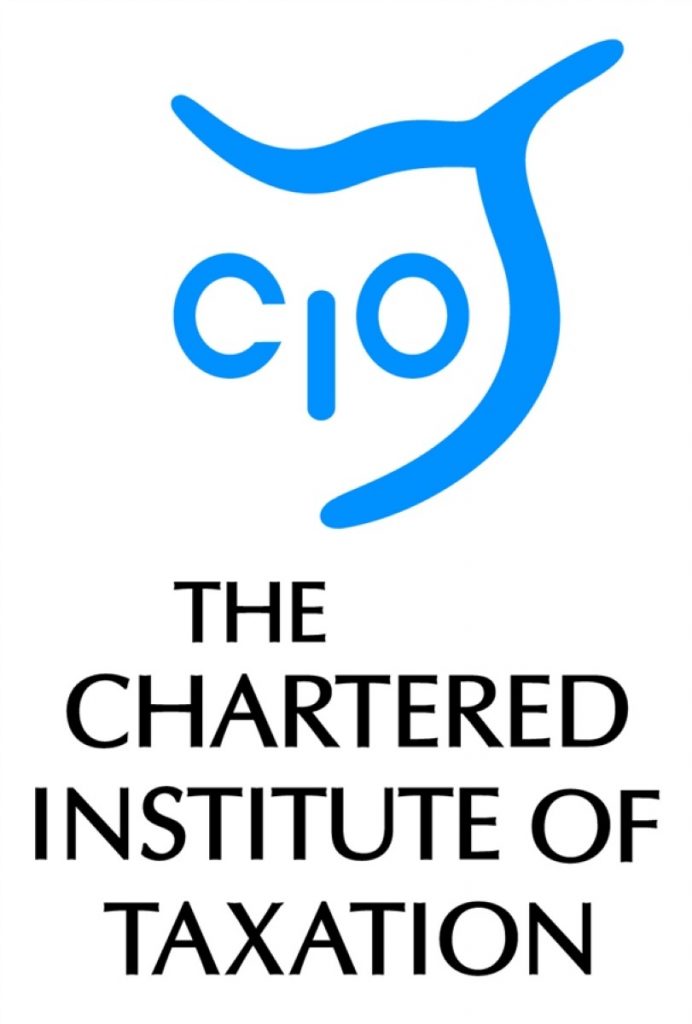CIOT – School’s out for summer: check the tax on your holiday job
The Low Incomes Tax Reform Group (LITRG) are encouraging students and school or college leavers to check they are not overpaying their taxes.
Students often pay too much tax on their earnings. This summer, taking into account the recent abolition of the form which previously allowed students to get paid for holiday work without income tax being deducted at source (the P38(S))1, they may pay even more tax than in previous years. With the academic year just finishing and students taking on holiday work – perhaps for the first time – to save up for college in the autumn, LITRG are encouraging students to carefully check their tax deductions.
Many students work to help make ends meet. The often erratic nature of such work, to fit in with studying, exams can so often leave the tax system struggling to keep up with them.
For example, students might:
- work during their vacations and/or in term time;
- work in several jobs at once;
- frequently move from one job to another;
- do odd agency jobs; or
- do a ‘sandwich’ course during which they work for a year. This means they can pay too much tax and have to claim a refund, even if they are vigilant. There is also a risk that they might not pay enough and be presented later with an unwelcome bill. So it pays for students to make sure they know where they stand.
LITRG Chairman, Anthony Thomas, said:
“Students usually have low incomes, but their tax affairs are often more complex than those for people in permanent employment.
“The demise of the P38(S) will affect some students, albeit in dwindling numbers over recent years as increasingly students have to work in term time as well to help finance their studies.
“A new group of students will now be leaving school, college or university and looking for work – perhaps only for the summer until returning to their studies in the autumn, or perhaps leaving to look for permanent work after finishing their studies.
“LITRG encourages students to take a very close interest in their tax affairs at an early stage. They should carefully check their PAYE coding notices and payslips to make sure as far as possible the right tax is being taken from them and contact HMRC if they are unsure or think something is wrong.
“Many students will earn less than their personal allowance of £9,440 for the current tax year overall, yet suffer tax deductions along the way. An early adjustment of PAYE codes by contacting HMRC and providing estimated income figures could prevent them paying too much and having to claim it back at the end of the year which is time consuming and unhelpful to maintaining a sensible cash flow.”
ENDS
Contact:
George Crozier on 020 7340 0569 or 07740 477374 (gcrozier@tax.org.uk)
The Chartered Institute of Taxation: www.tax.org.uk
Notes to editors
1. From 6 April 2013, the ‘Real-Time Information’ operation of PAYE came into effect, and along with it the withdrawal of the form P38(S) previously available to students who worked only in their vacations, which enabled them to get their wages paid without income tax deduction at source. This means standard PAYE applies to all students and increases the likelihood of needing to claim back tax at the end of the year.
2. More information on how to claim overpaid PAYE can be found on the LITRG website
3. In association with the National Association of Student Money Advisers’ “Student Money Week” earlier in 2013, LITRG also produced a ‘tax quiz’ for students to help them understand the basics and when they might be overpaying.
4. More guidance for students on checking their PAYE codes and contacting HMRC if they are wrong can also be found on here.
5. The Low Incomes Tax Reform Group (LITRG) is an initiative of the Chartered Institute of Taxation (CIOT) to give a voice to the unrepresented. Since 1998 LITRG has been working to improve the policy and processes of the tax, tax credits and associated welfare systems for the benefit of those on low incomes.
6. The Chartered Institute of Taxation (CIOT) is the leading professional body in the United Kingdom concerned solely with taxation. The CIOT is an educational charity, promoting education and study of the administration and practice of taxation. One of our key aims is to work for a better, more efficient, tax system for all affected by it – taxpayers, their advisers and the authorities. The CIOT’s work covers all aspects of taxation, including direct and indirect taxes and duties. Through our Low Incomes Tax Reform Group (LITRG), the CIOT has a particular focus on improving the tax system, including tax credits and benefits, for the unrepresented taxpayer.
The CIOT draws on our members’ experience in private practice, commerce and industry, government and academia to improve tax administration and propose and explain how tax policy objectives can most effectively be achieved. We also link to, and draw on, similar leading professional tax bodies in other countries. The CIOT’s comments and recommendations on tax issues are made in line with our charitable objectives: we are politically neutral in our work.
The CIOT’s 16,800 members have the practising title of ‘Chartered Tax Adviser’ and the designatory letters ‘CTA’, to represent the leading tax qualification.





-01.png)